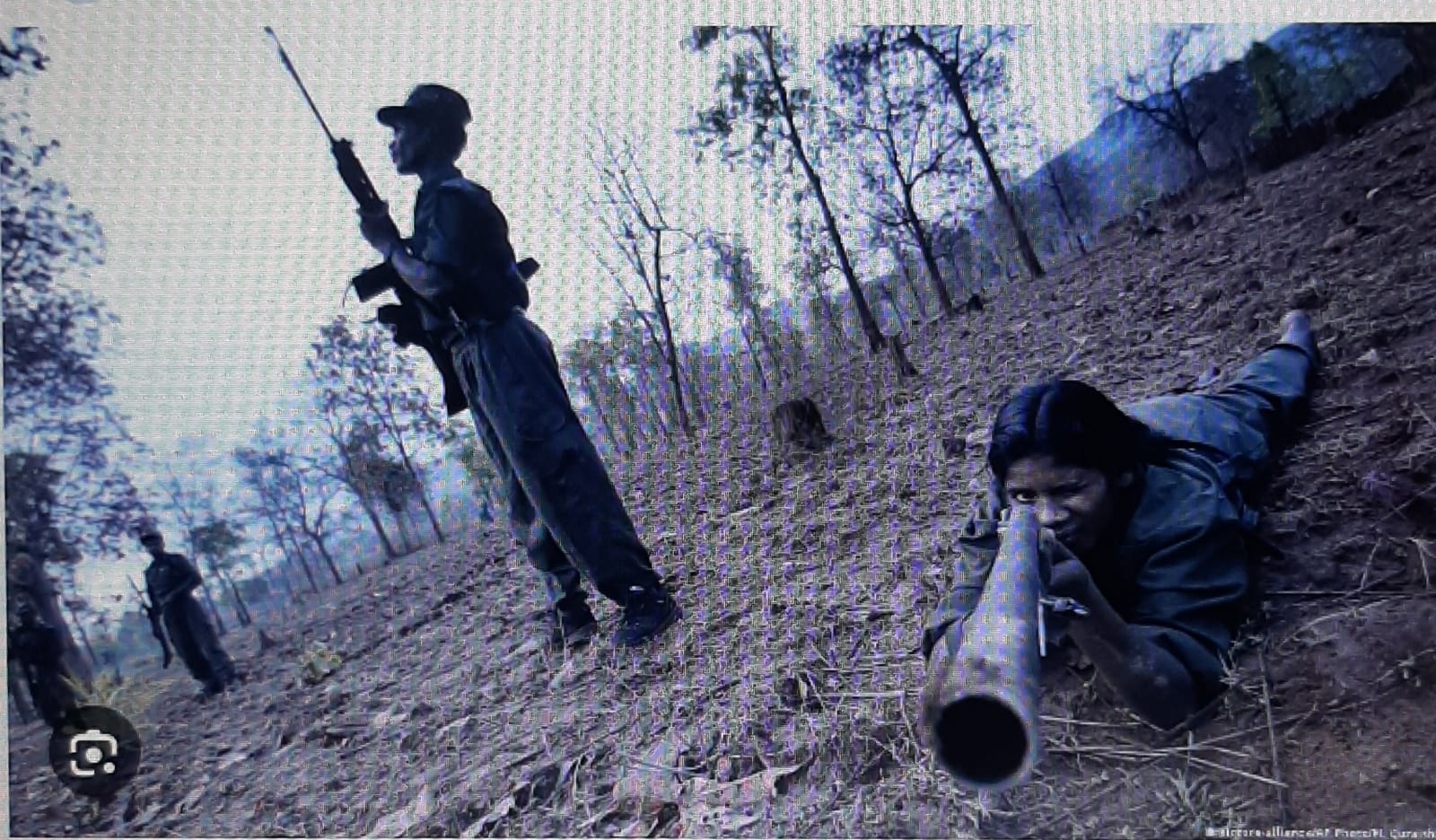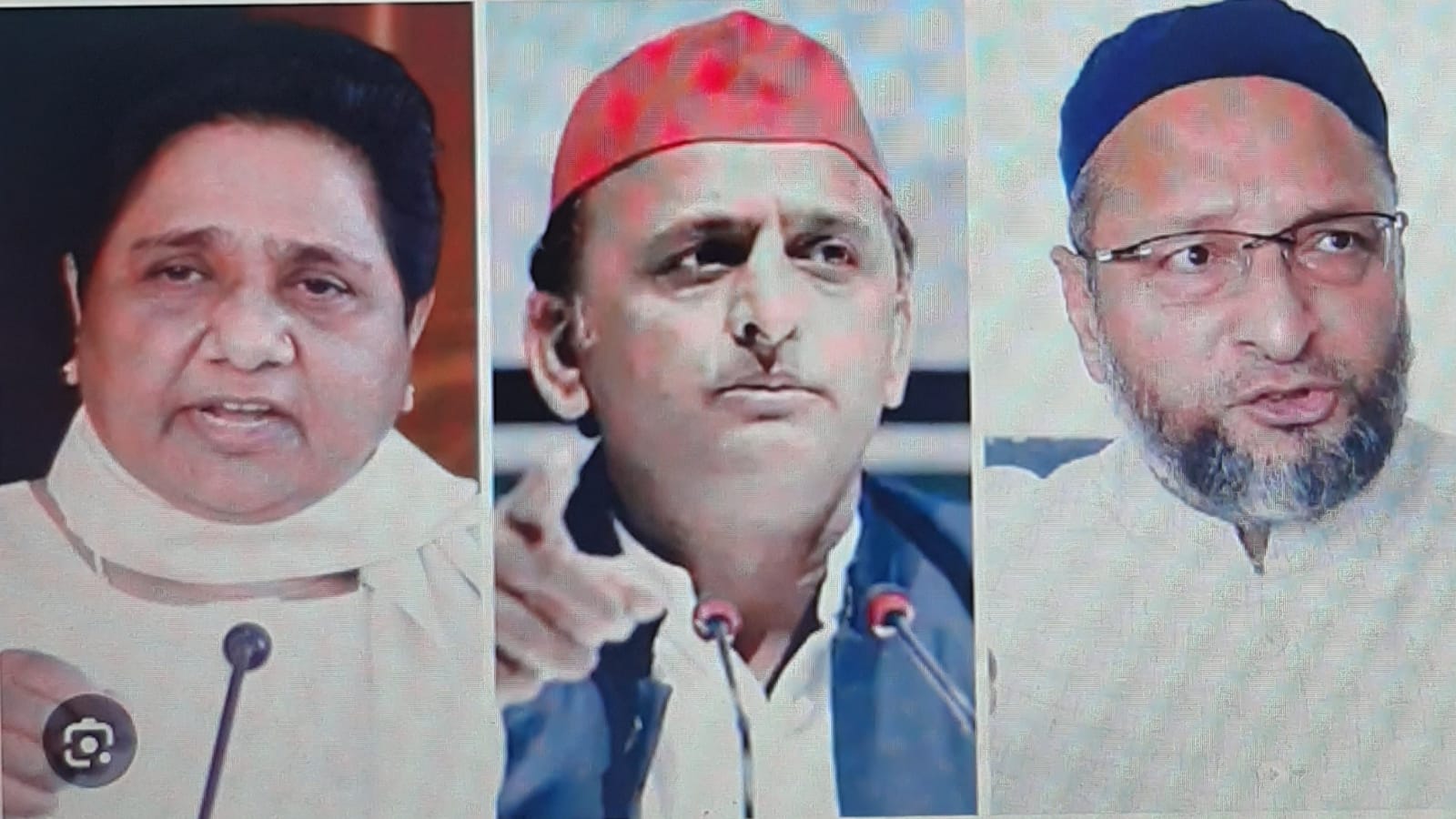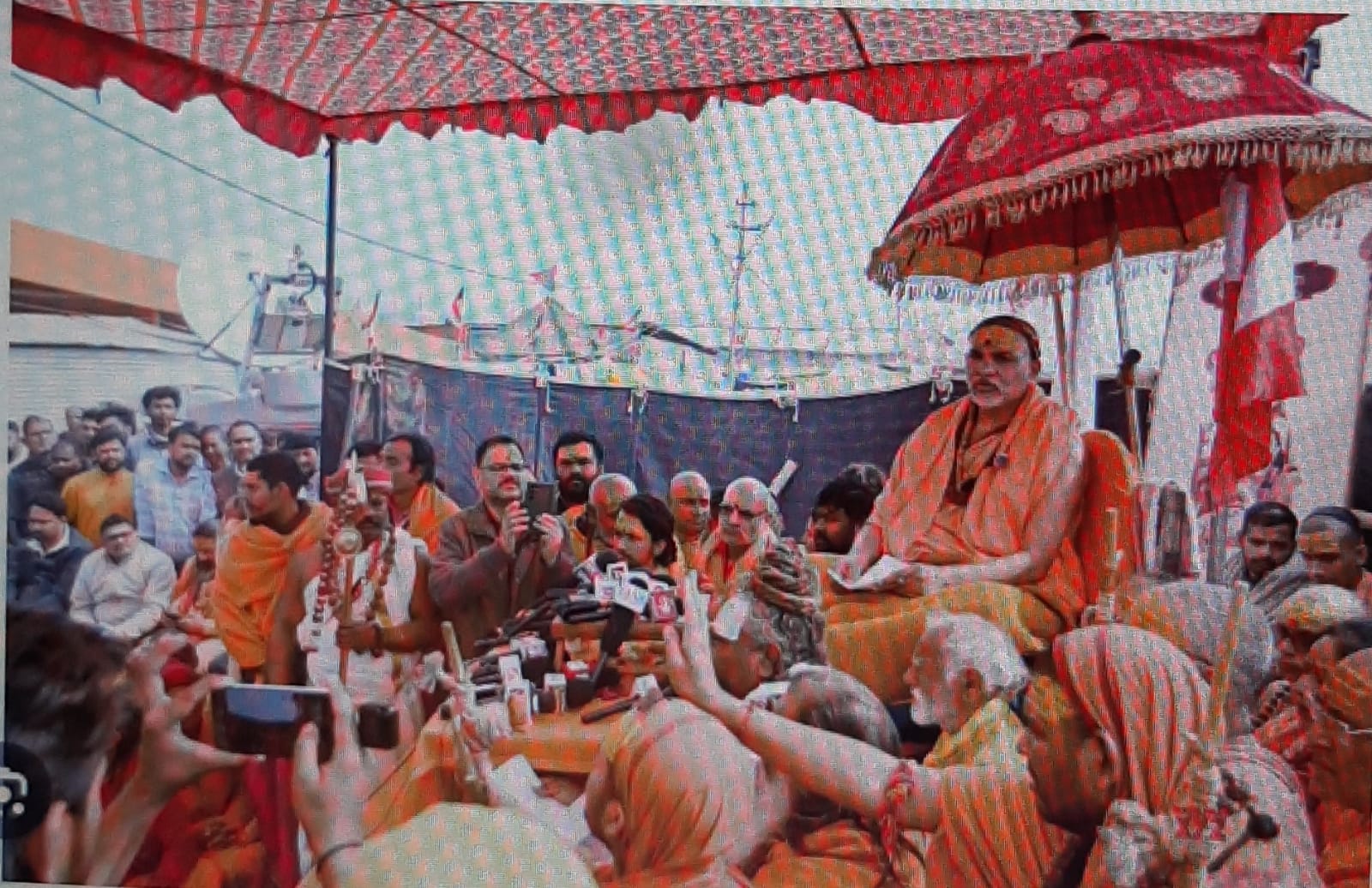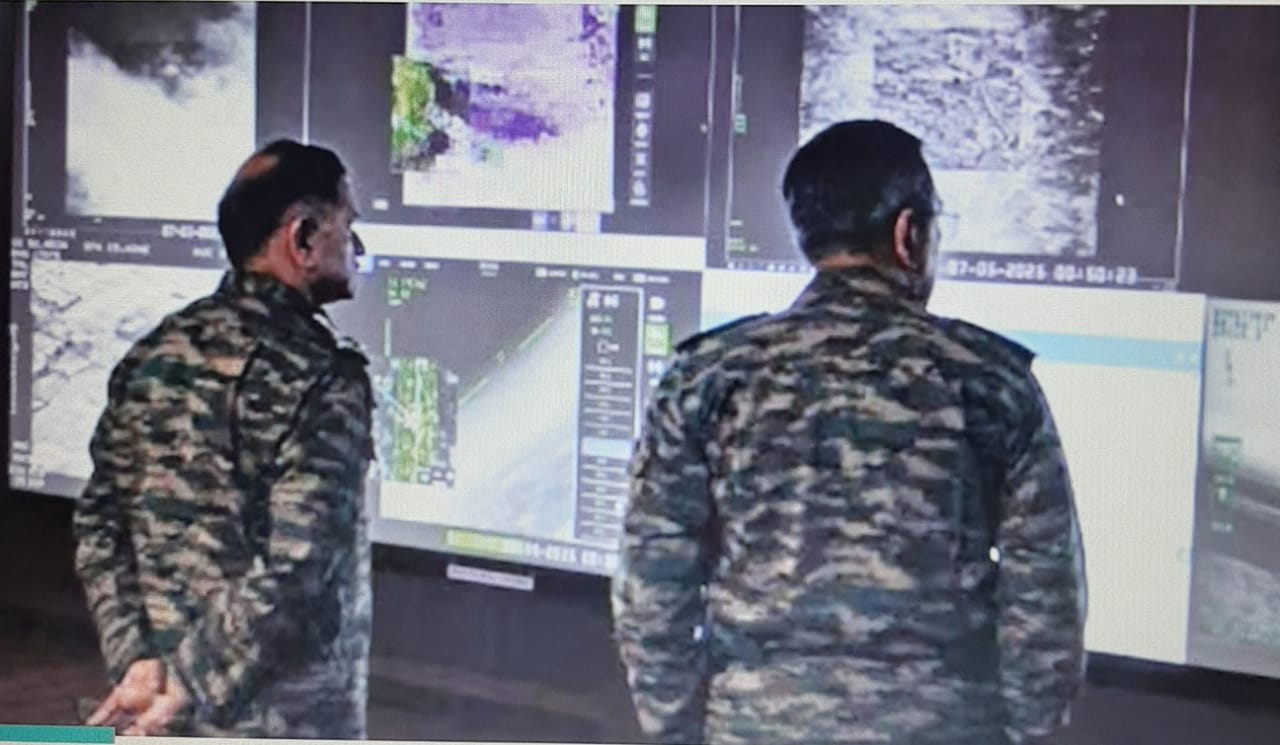
“Operation Sindoor” has conveyed a salutary message to our western neighbor. The time has now come to make India militarily so strong that none dares to even think of usurping Indian territory. We must not indulge in mere talk/rhetoric. No more virtue signaling. We must act as the great nation we are, writes former IAS officer V.S.Pandey
“Operation Sindoor” has triumphed. What next? Should India adopt a reactive strategy, be proactive, or use diplomacy to reign in the rogue Pakistani state aka military state. Foremost, it is imperative to understand the true nature of this rogue state. Since its inception-Pakistan was founded in 1947, its army has dominated the state. The military establishment has locked the country in an enduring rivalry with India, with the primary aim of wresting Kashmir from it. To that end, Pakistan has initiated three wars over Kashmir-in 1947, 1965 and 1999-and failed to win any of them. Today, the army continues with this dangerous policy- by employing non-state actors under the security of its ever-expanding nuclear umbrella. It has sustained a proxy war in Kashmir since 1989, using Islamist militants, as well as supporting non-Islamist insurgencies throughout India and a country-wide Islamist terror campaign that have brought the two countries to the brink of war on several occasions. In addition to these territorial revisionist goals, the Pakistani army has committed itself to resisting India’s slow but inevitable rise on the global stage.
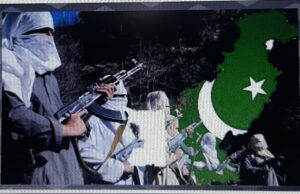
Despite Pakistan’s efforts to coerce India, it has achieved only modest successes -at best. Even though India vivisected Pakistan in 1971, Pakistan continues to indulge in whataboutery and project itself as India’s equal and has the temerity to demand that the world does the same. The dangerous methods that the army uses to enforce this self-perception have brought international opprobrium upon Pakistan and its army. And in recent years, their erstwhile proxies have turned their guns on the Pakistani state itself.
Why does the army persist in pursuing these revisionist policies that have come to imperil the very viability of the state itself, from which the army feeds? In her famous book “Fighting to the End” Dr. Christine Fair, Professor in the Peace and Security Studies Program , Georgetown University and an expert on Pakistan affairs, argues that the answer lies, embedded at least partially, in the strategic culture of the army. Through a comprehensive analysis of decades of the Pakistan army’s own defense publications, Fair concludes that from the army’s distorted view of history, it deems itself victorious as long as it can resist India’s purported drive for regional hegemony as well as alter the territorial status quo. Simply put, acquiescence means defeat. Fighting to the End convincingly shows that because the army is unlikely to abandon these preferences, Pakistan will remain a destabilizing force in world politics for the foreseeable future.
The current Indian government’s insistence on no talks with Pakistan till the rogue neighbor decimates all their homegrown terrorists and their multiple outfits, stops sponsoring, harboring and funding them is a step in the right direction. In addition, the current stand is that India now will wrest the illegally occupied Indian territory, called Pakistan occupied Kashmir and there is going to be no further debate on that. In this context the false narrative built around the United Nation’s resolution no 47 (1948) about Kashmir dispute needs to be demolished globally bringing to the notice of all, friends and foes alike, that it was Pakistan which had to demilitarize the area first -for any further action which condition they have violated ad infinitum, hence the resolution has died a natural death. It is a dead letter. Secondly India needs to forcefully put across the essential reality- that there is no dispute about Kashmir- it is an Indian territory which has to be wrested from the illegal occupation of the rogue neighbor.
India has now become the fourth largest economy in the world ,surpassing Japan. The world’s largest democracy and home to more than 140 crore people needs to now focus on growing faster economically and becoming stronger militarily also. To grow fast ,every nation needs to have its borders fully secured. India has two inveterate enemies in its neighborhood. It has no option but to be so strong militarily that no body dare meddles with it. This necessitates a substantial increase in our military budget with focus on indigenization of our military hardware production and supply chains. No country dependent for its military hardware supplies and critical components on external forces, can feel fully secure. India has been the biggest importer of military hardware for decades and this must change expeditiously.
Fortunately, the Indian government, over the last decade, has adopted a policy to indigenize production of military equipment, hardware etc. However, we are still far from becoming self sufficient in meeting our defense force’s requirements. Our industrial base is now capable of organizing the production processes for all kinds of projects. Once decisions to start production of military hardware, fighter jets, defense equipments etc. on a war footing is taken and adequate funding provided- the rest will follow.
We need the political will to accelerate on this path. Money and resources are not the constraints. India has to not only match but must surpass the Chinese military prowess. “Operation Sindoor” has conveyed a salutary message to our western neighbor. The time has now come to make India militarily so strong that none dares to even think of usurping Indian territory. We must not indulge in mere talk/rhetoric .No more virtue signaling .We must act as the great nation we are.
(Vijay Shankar Pandey is former Secretary Government of India)



